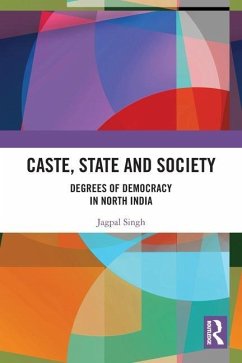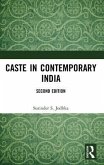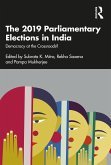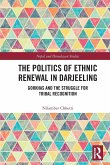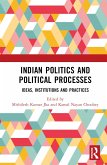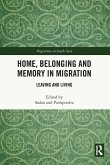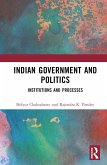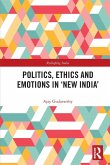This book examines the politics of social, cultural and political recognition of caste groups in North India. It explores the factors that make some castes politically influential, while others continue to remain socially and economically marginalized. The author situates these groups within democracy and utilizes a multicultural framework to understand why and when various castes have sought to achieve recognition and redistributive justice; to what extent different castes have been able to achieve these goals; and how civil society has engaged with these issues. Unlike dominant discourses on caste and democracy, which give primacy to electoral/procedural democracy over the substantive one, this book views the relationship between castes and the state in both dimensions of democracy.
An important addition to the study of caste politics in India, the volume will be of great interest to scholars and researchers of social exclusion, development studies, minoritystudies, sociology and social policy, politics, and South Asian studies. It will also be of importance to politicians, policy makers, and civil society activists.
An important addition to the study of caste politics in India, the volume will be of great interest to scholars and researchers of social exclusion, development studies, minoritystudies, sociology and social policy, politics, and South Asian studies. It will also be of importance to politicians, policy makers, and civil society activists.

